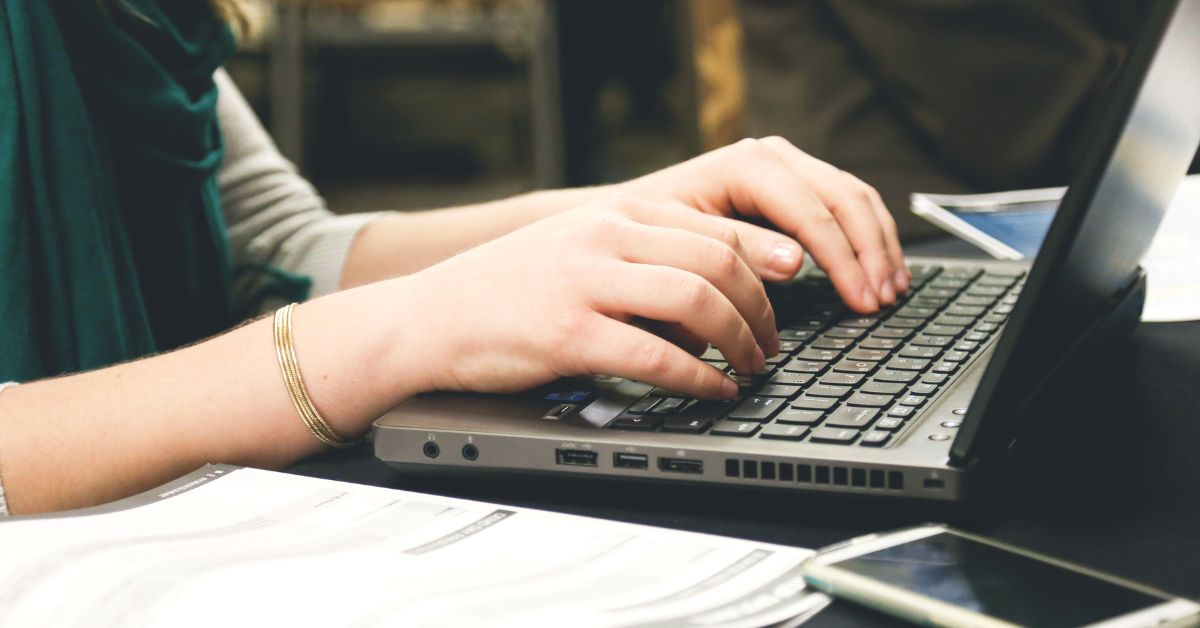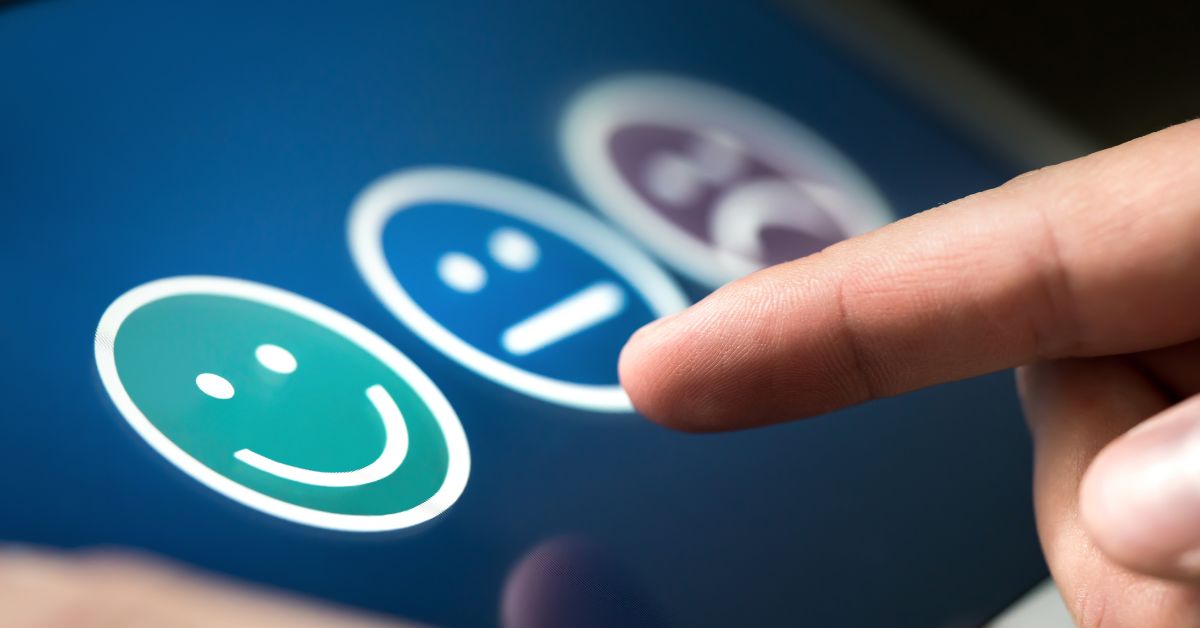After enduring a stalled job market and economic decline during and immediately following the Great Recession, law firms are now busier and as a result, are hiring more lawyers. Whether it’s to attract millennial talent, become more relevant to their clients, or just for comfort, more firms are loosening up their dress codes and allowing lawyers and staff to wear jeans not only on Fridays, but any day of the week, if they so choose.
A lot of firms, even the world’s largest ones, are making significant changes to their dress codes, including:
- Dechert LLP. The global law firm is one of the latest to follow this trend, recently expanding their business casual policy to include jeans any day of the week, although attorneys will still be expected to wear business attire for court, arbitration, depositions, and other events that call for more formal attire. The firm even provides a garment bag for storing a suit within the office for unexpected meetings or client visits.
- Baker McKenzie. This firm unbuttoned the dress code at its London office during the hot summer of 2018, and reported in a September memo that since no impact on the firm’s professionalism was observed, “we see no issue with permitting business casual attire throughout the year,” although leggings, shorts, and ripped jeans are still off limits.
- Quinn Emanuel Urquhart & Sullivan. To encourage creativity, this firm believes that casual dress helps eliminate “the trappings of power” that can intimidate associates. Beginning in 2011, the trial lawyers at the global firm need only to have something between their feet and the carpet – because their insurance company requires it. According to founding partner William Urquhart, practically anything goes, including t-shirts and jeans with raggedy edges, which are extremely popular.
In addition to more relaxed dress codes, many firms are also choosing to offer more wellness initiatives, remote work arrangements, and improved parental leave. What is driving this more relaxed environment in law firms?
According to recent research conducted by the British website Legal Cheek, 60 percent of those surveyed said that “stuffy office traditions” like strict dress code policies and long meetings need to go, and 41 percent said they’d quit their current role to join a “more modern” law firm if their issues failed to be addressed.
The researchers found the most unpopular law office traditions were 9-5 working hours, professional dress codes, long boring meetings, the necessity to work in the office every day, annual performance reviews, set workspaces, and “providing office snacks on your birthday.”
Making law a ‘happier profession’
It’s believed that the flexible dress code started about 20 years ago, when technology companies began to dominate and some law firms decided to imitate the successful entrepreneurs they represented by implementing casual Fridays.
While some firms made changes to their dress codes to make clients feel more comfortable, others did so for the benefit of their attorneys, as younger lawyers tend to prefer informality in the workplace, including not only a relaxed dress code but also more flexible work schedules and other perks.
According to a recent Law.com report, in the last few years, there has been a greater attempt to make practicing law a “happier profession.” But while many firms are offering more inviting office designs, relaxed dress codes, alternative fee structures and flex time, these efforts alone will not solve the industry’s fundamental problem: attracting and retaining millennial employees.
The Pew Research Center has found that millennials currently make up nearly one-third of the nation’s workforce, and this will continue to rise. While financial benefits definitely matter to millennials, younger lawyers also seem to favor connectedness and social cohesion in the workplace.
As a result, the traditional physical layout of a law firm – including the coveted corner office and individual offices for lawyers but common space for staff – is slowly making way for a more communal workspace for attorneys that will facilitate more interaction and collaboration. While these new dynamics will likely take time to be accepted, it is important that law firm leadership attempt to foster them.
Do you know of other reasons why law firms are embracing a more relaxed atmosphere, including a less formal dress code? Tell us about them in the comments!









